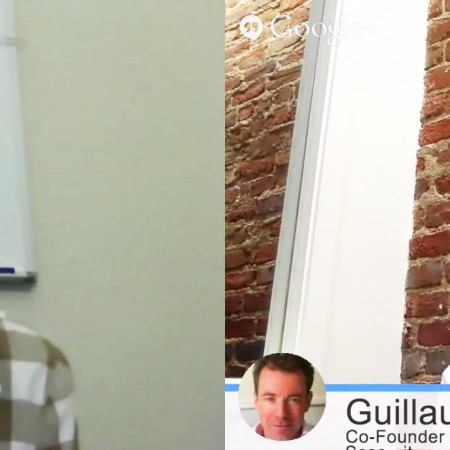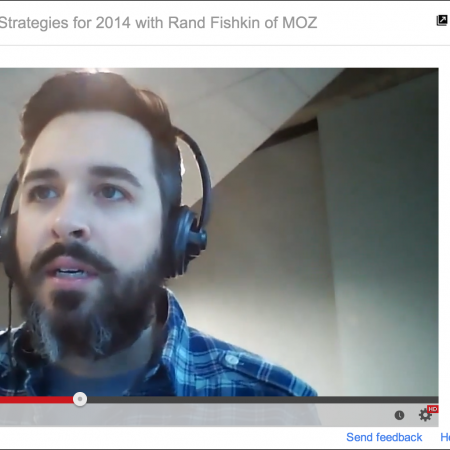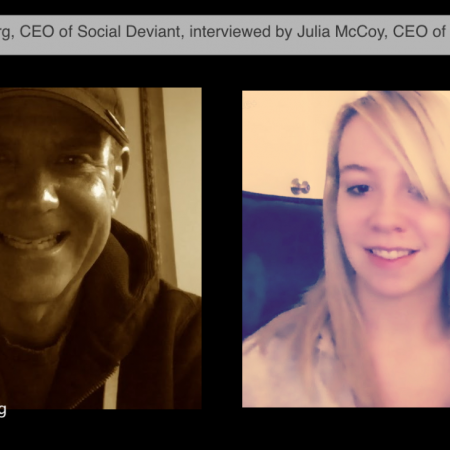The Story Behind Express Writers: Julia McCoy, Founder Shares "From College Dropout to $4 Million"
99% of our sales here at Express Writers come through the content marketing we do. I believe it’s possible, because I’ve done it. Revenue-generating content marketing is not a myth, or some secret recipe that you have to be born into. It’s what we do everyday, and I believe you can, too. I’m Julia McCoy, and I’m a college dropout. I’ve sold over $4 million dollars worth of content creation services to thousands of clients across the globe through the company I founded, Express Writers. Today I lead a team of 40 hand-picked writers, creators, and project managers. More importantly, we have the best client satisfaction rates that we’ve ever had, and we just had our biggest month in sales. Just 6 years ago I started with nothing but $75, a hope, and a dream. Here’s how I did it… Because I’m on a mission to inspire you to achieve your dream even faster than I did. The Story Behind Express Writers: Julia McCoy, Founder Shares “From College Dropout to $4 Million” I was 19 years old and failing out of nursing school. I didn’t have a safety net and nursing school was not going to work, so I asked myself: what do I love to do, and how can I make money doing it? I love to write. By age 12, I’d written a 200-page medieval fiction novella. And at 13, I was teaching myself internet marketing, doing surveys for cash, learning basic computer skills. I walked around the neighborhood offering my services to the public. It worked out well, and I was earning $400 in a given month before I turned 16. I jumped in. In the next 3 months, I taught myself how to write, and I wrote over 250 articles for very cheap clients. But that was how I honed my early writing skills. I also started learning a lot of SEO and content marketing back then. More Work Than I Could Handle as a Freelancer Two things happened: I discovered an untapped need in the marketplace when I combined content marketing with search engine optimization (SEO). Most of my competitors were frustrating clients by being one or the other. I blended the two disciplines to write content that positioned my clients as an authority AND turned into real sales, which led to… More work than I could handle. And that’s when I started blogging regularly on my own site, expresswriters.com and found businesses willing to pay top dollar for lead generating content, and we grew. I had one goal when I started my company back then: it was to find a group of writers who had passion in online writing, and who I could teach the elements of SEO and content marketing to, and we could learn and progress together, as a whole. Getting Disowned by My Parents Led to a Better Future You might say “oh sure, this was easy for you with your family’s support.” The truth is, it wasn’t. I didn’t have a safety net. I grew up in a religiously suppressed home. My dad was the pastor of a church, and on my 21st birthday , my parents locked me in my bedroom with a letter telling me my life was worth nothing. I shouldn’t have been born. I was not allowed to lead a normal life, was told everything I did was wrong, and my business skills were looked down on. Even though that was the only home I’d known, when I got that letter I knew that it wasn’t normal and I had to get out. Six months later, my sister and I made the difficult decision to escape in the middle of the night. It was very heartbreaking, but it was the only shot I had to follow my dreams and chase my passions. 200% Growth for Express Writers in the Early Years Completely bootstrapped, no outside funding, no family support, no safety net.. my content agency, Express Writers, grew 200% in the next few years. The first year was $50,000, and in the next few years we hit $300,000, and last year we just surpassed $650,000. Taught Through Failure = My Greatest Lessons for Success As an entrepreneur, you often hear that failure precedes success. Early in 2016, I discovered two trusted managers in my staff were embezzling. I fired them, rebuilt the team, over the next five months. I learned that with a supportive environment, ongoing accountability for your staff, and most importantly, the right people, there is no limit to what you can do as a business. That experience taught me what it means to create a great company culture, and serve our clients with the best customer service. The CEO of Salesforce, Marc Benioff, said “the secret to successful hiring is this: find the people that want to change the world.” For me, that was finding people that shared my goal, a gigantic goal, of creating the best copywriting agency on the planet, and giving our clients the best content that they’ve ever gotten. One of my biggest lessons was that it’s not about the job descriptions in your company, it’s about the environment and how your staff support each other. The next big lesson is to constantly evolve. What helped grow our company in the beginning might not work today. For example, we had a terrific commissioned sales rep but I wanted a culture of cultivating great client relationships rather than a culture chasing end of quarter sales quotas. I replaced our commissioned sales rep with a real content marketing expert, to do consulting and selling at Express Writers. After she was working here for a week, I checked in with one of our clients, and asked: Could you rate the difference in experience between the commissioned sales rep and our content expert? And he said that the difference was 100x better. I knew we were on the right track. I couldn’t be more proud of the team we have in place today. We … Read more





